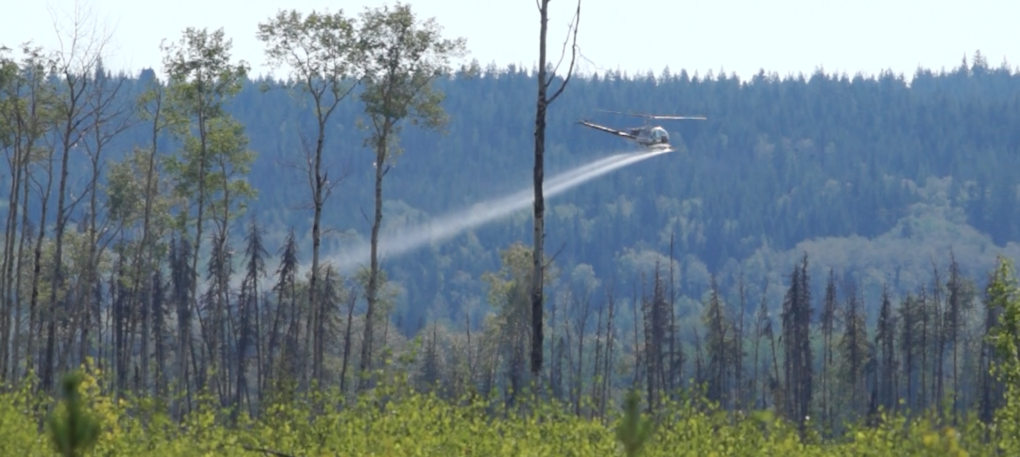With herbicide spray season about to start in New Brunswick, it may be a good time to check in on the progress made since the Legislative Assembly received a committee’s report that recommended a more “cautious approach on pesticide use, including glyphosate.”
This will be a short story.
Or, as Coleridge once said, small potatoes – a compost of nullity and dullity.
The Standing Committee on Climate Change and Environmental Stewardship tabled its report on Nov. 2 last year. It included recommendations that, if implemented, could see greater forest protections, ban spraying in municipal drinking water watersheds, and widen the no-spray zones from people’s homes, wetlands, rivers and streams.
The Department of Environment and Local Government has ‘reactivated’ the legally-mandated Pesticides Advisory Board. That’s one recommendation done.
There is no public information about whether the department has increased buffer zones around people’s houses or kept spraying way back from wetlands, rivers and streams.
And I’ve seen no sign yet of a regulation that would ban spraying in drinking water watersheds.
We are expecting to see some progress on recommendation No. 8—additional natural protected areas— sometime soon.
But there is little evidence that the Minister of Natural Resources is making any progress at all towards modernizing forestry practices — requiring ecological forestry instead of the old-fashioned clearcut and spray approach, as the Committee recommended.
Officials at both departments are currently reviewing the recommendations and I expect they’ll report back to the Legislature in the future.
I’ll check back in with the Ministers and the Committee this month, as usual, pushing hard for serious progress. The clock is ticking.
Learn more about forestry reform and nature protection in N.B.
Learn more about forestry reform and nature protection in N.B.

